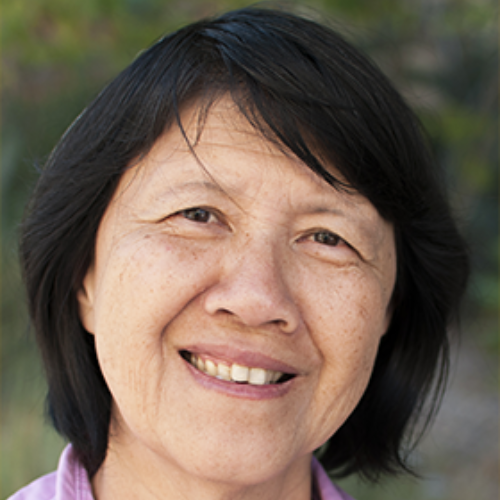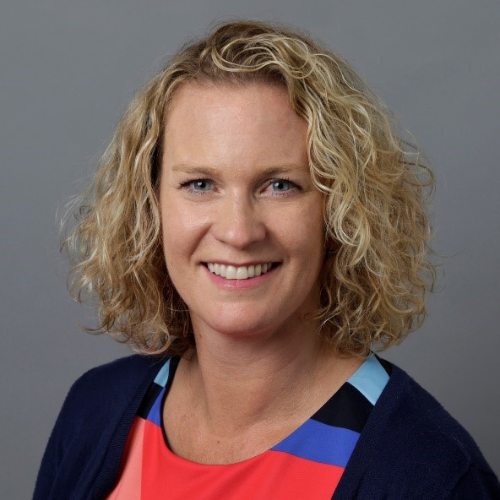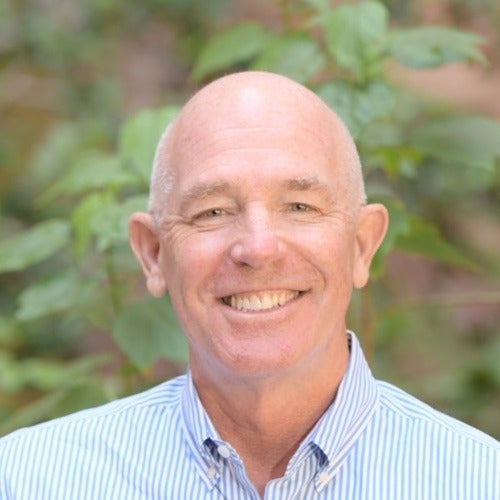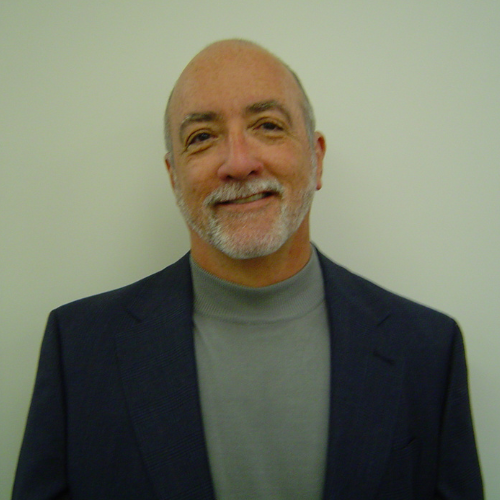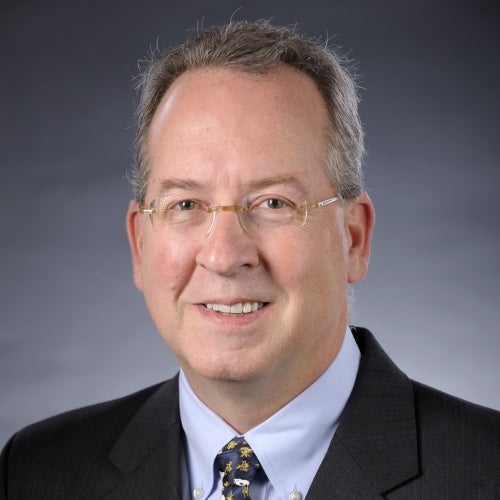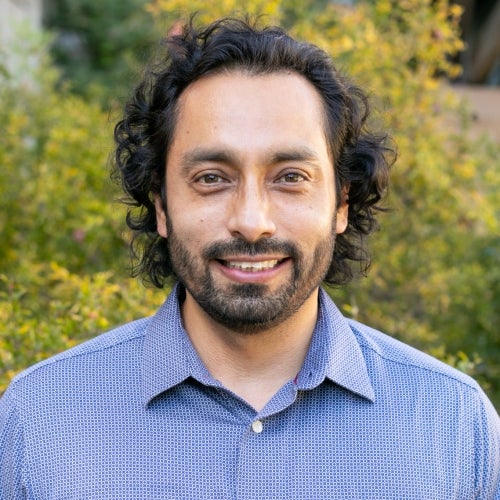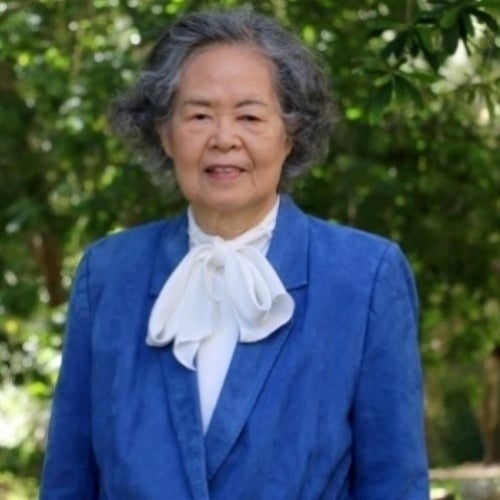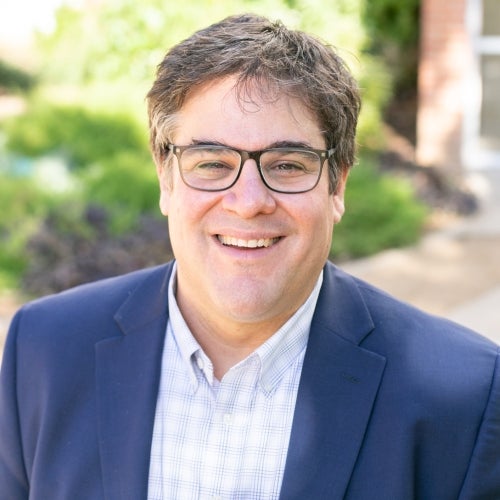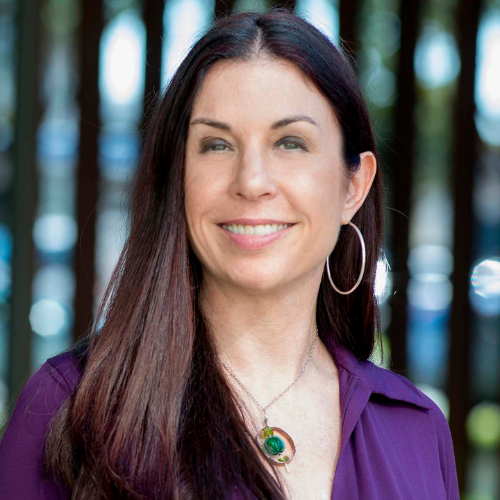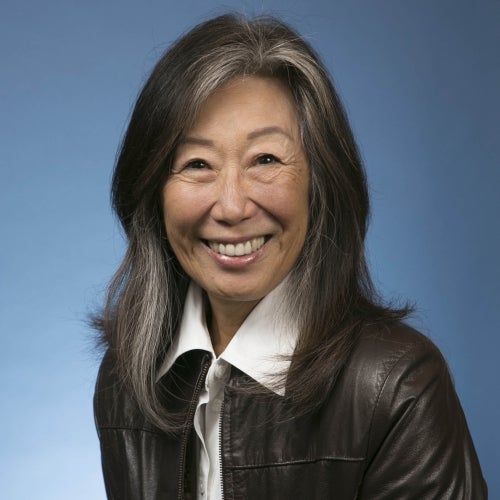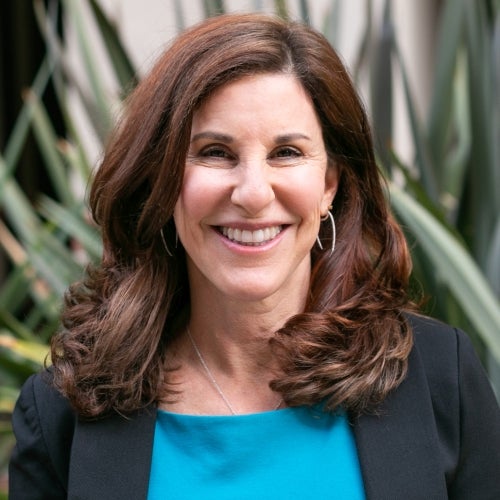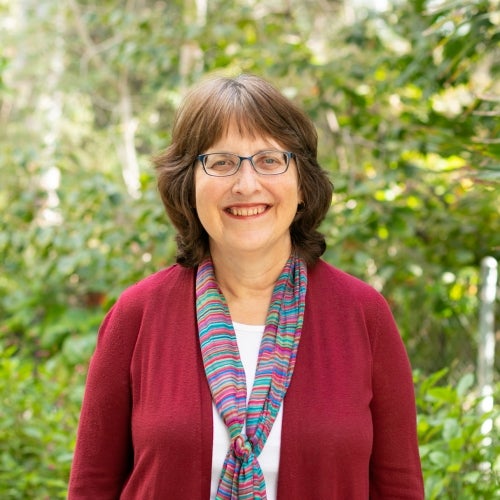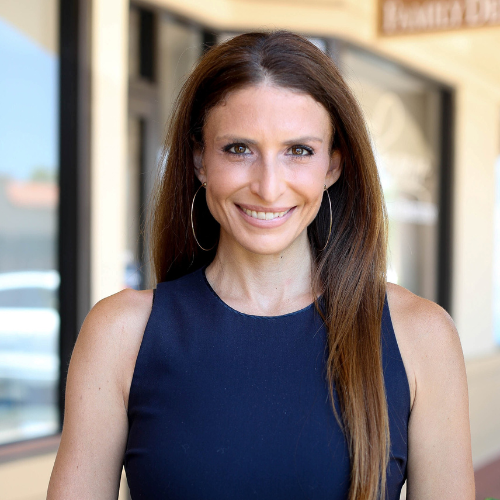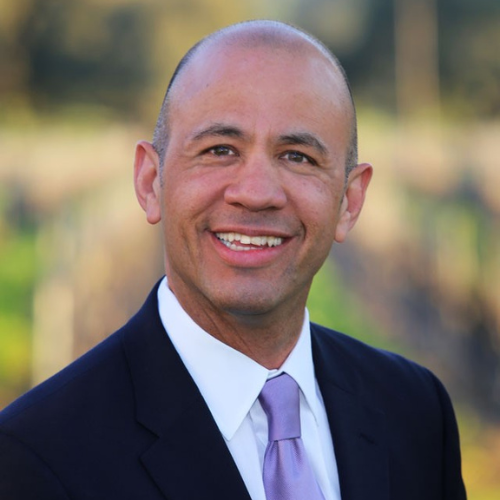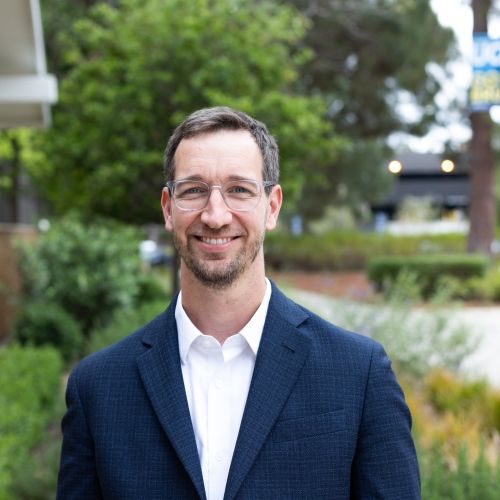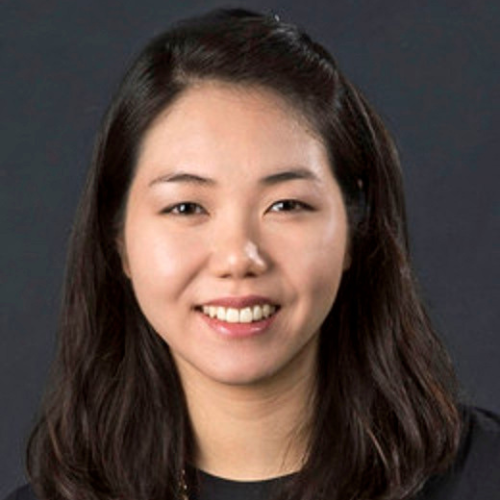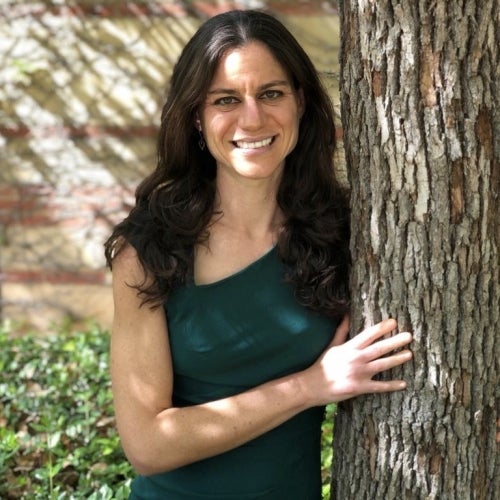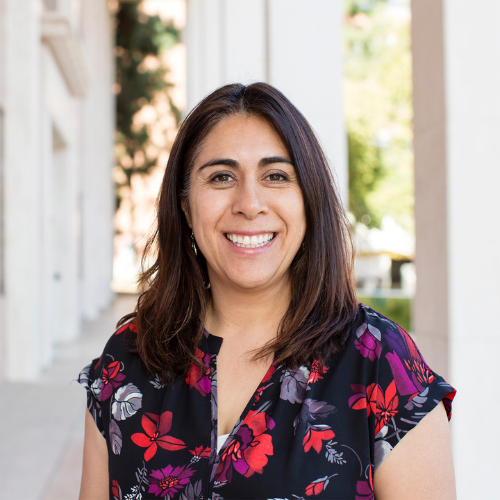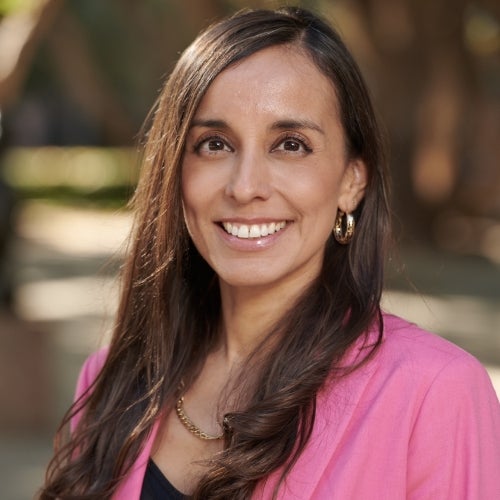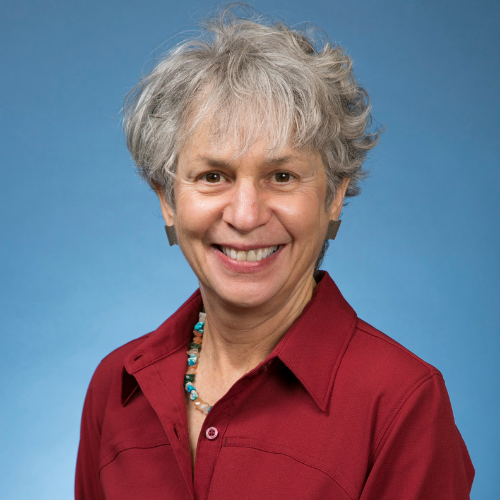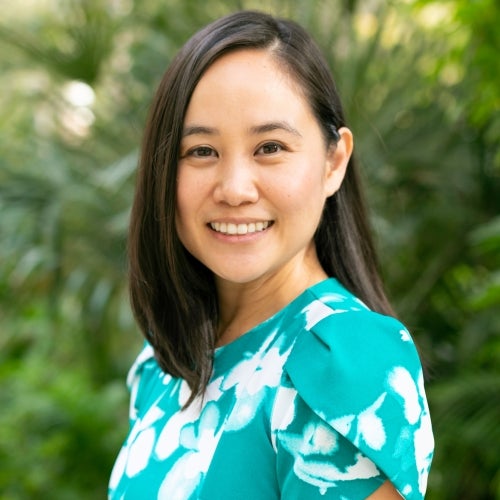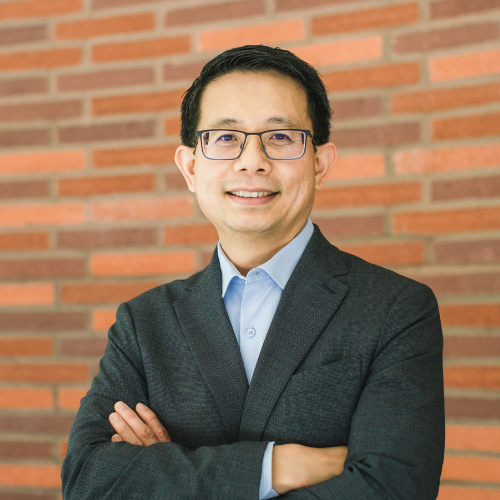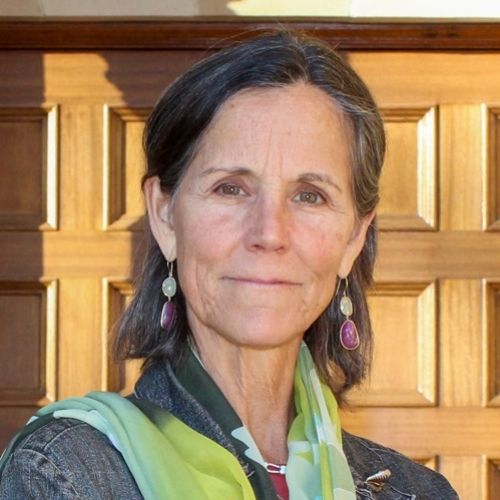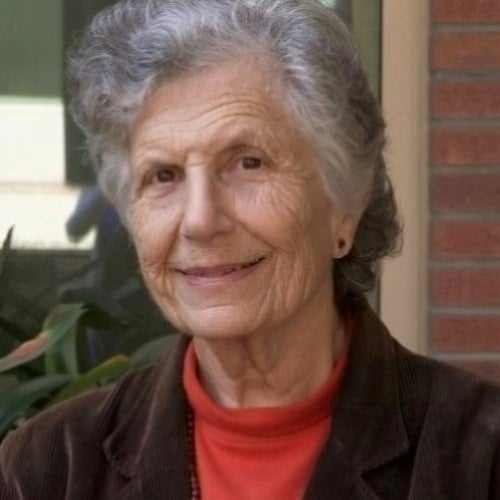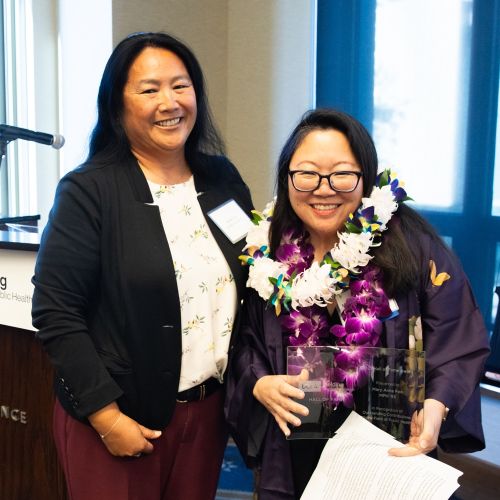UCLA Fielding School of Public Health professor named to Los Angeles County food equity advisory panel
Dr. May Wang, professor of community health sciences, lends expertise to hunger reduction and healthy nutrition effort.

Dr. May Wang, UCLA Fielding School of Public Health professor of community health sciences, will serve on an external advisory committee for the Los Angeles County Food Equity Roundtable, created to prevent hunger and promote healthy food consumption in the county.
“I am very pleased and honored to be part of this work to provide high-level strategic guidance to the County,” said Wang, who has led research into diet, nutrition, and equity in California for more than a decade, including how hunger increased in California during the first months of the pandemic. “COVID-19 has magnified the disparities between the haves and have-nots, and Los Angeles County deserves tremendous credit for looking for lessons learned from the pandemic to try and alleviate these issues in the future.”
The Los Angeles County Food Equity Roundtable is a recently launched effort to help address and track the growing food insecurity challenge in the county. The Roundtable, co-led by Los Angeles County and its philanthropic partners, includes leaders from multiple organizations committed to addressing inequities in the current food system. Specifically, Wang has been named to a two-year-long term on the program’s Technical Advisory Team, made up of nutrition, public health, and hunger experts from UCLA, the University of Southern California, and the public and private sectors.
“Dr. Wang is extremely well-qualified for this work to support the Roundtable’s mission and responsibilities to improve access to, affordability of, and consumption of nutritious food,” said Swati Chandra, director of the Food Equity Roundtable. “With her work on these issues, she brings tremendous expertise as both a nutritional scientist and public health policy expert to the team. We are very happy to have her join this effort.”
Wang’s service on the advisory team will support the project’s overall goal, of delivering a comprehensive strategic plan to address food equity issues, developing a coordinated systemic approach in 12 months and integrating the plan’s implementation and assessment in the second year.
The program is designed to address and track the growing food insecurity challenge in Los Angeles County, which with 10 million residents, is home to 25% of California’s population and is larger than 40 American states. Research co-sponsored by the County and published in 2021 found that some 1 in 10 (10%) households in the County experienced food insecurity. When considering low-income households only (i.e., those with incomes below 300% of the federal poverty line, or FPL), 15% experienced food insecurity, while 4% of higher-income households (≥300% of FPL) experienced food insecurity.
These are predominantly low-income, women, Latinos and between the ages of 18-40, and even in cases where Angelenos are not going hungry, their options for fresh food are very limited, Wang said.
“We have the CalFresh program – federally known as the Supplemental Nutrition Assistance Program, or SNAP – that helps food insecure households,” Wang said. “However, enrollment rates are low due partially to stigma, challenges in the enrolment process, and lack of information about the program. We have to bring diverse stakeholders at the same table to find effective ways to increase the reach of this program.”
Wang, who is also a faculty associate with UCLA’s California Center for Population Research, has taught at UCLA since 2008. She earned her DrPH, specializing in public health nutrition, from the University of California, Berkeley, and an undergraduate degree from the National University of Singapore.
After obtaining her doctorate degree, she completed a postdoctoral fellowship at Stanford University School of Medicine, focused on pediatric bone health and nutrition research. At UCLA, she has conducted research related to child obesity and health disparities, collaborating with PHFE WIC, Kaiser Permanente, and the Los Angeles County Department of Public Health, and led studies funded by the National Institutes of Health and the American Heart Association.
Wang is the recipient of several awards, including the Excellence in Dietary Guidance Award from the Food & Nutrition Section of the American Public Health Association, and is currently a member of the National Advisory Committee for the Robert Wood Johnson Foundation’s Health Eating Research Program.
The UCLA Fielding School of Public Health, founded in 1961, is dedicated to enhancing the public's health by conducting innovative research, training future leaders and health professionals from diverse backgrounds, translating research into policy and practice, and serving our local communities and the communities of the nation and the world. The school has 761 students from 26 nations engaged in carrying out the vision of building healthy futures in greater Los Angeles, California, the nation and the world.
Faculty Referenced by this Article

Professor of Community Health Sciences & Health Policy and Management, and Associate Dean for Research
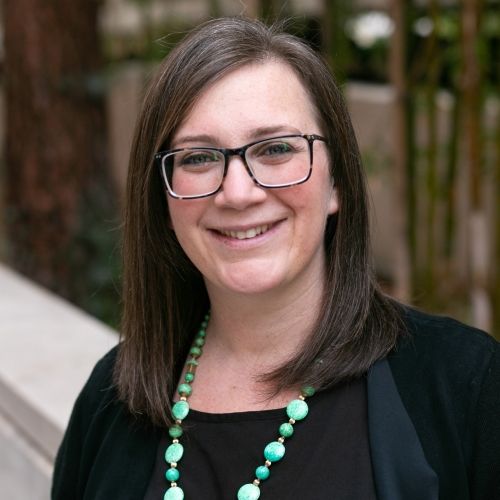
Director of Field Studies and Applied Professional Training
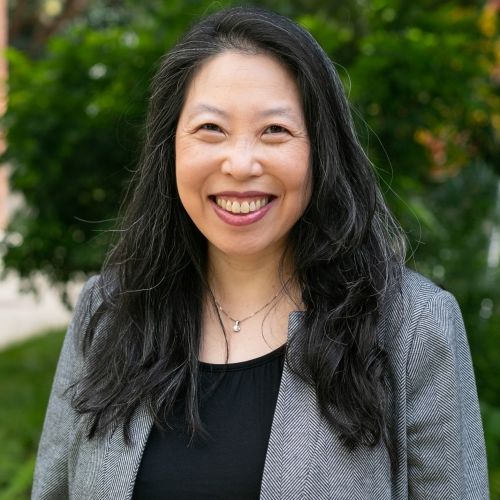
Assistant Dean for Research & Adjunct Associate Professor of Community Health Sciences

Robert J. Kim-Farley, MD, MPH, is a Professor-in-Residence with joint appointments in the Departments of Epidemiology and Community Health Sciences
